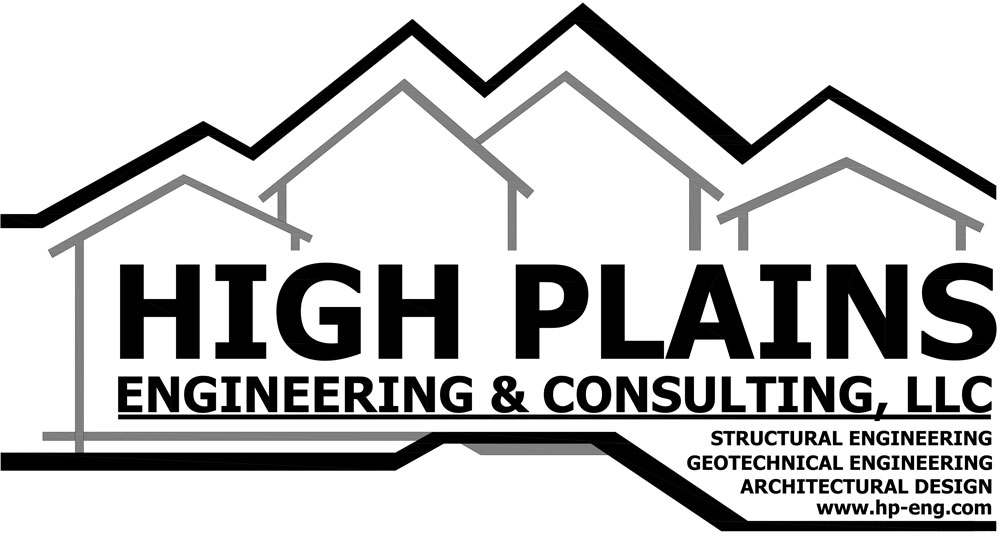Environmental Engineering Explained
There’s going to come a time when your construction management team needs to hire an expert for environmental engineering. This is critical to meet all state, local and federal regulations related to the environment. These highly trained engineers use principles in biology, chemistry and soil science to apply solutions to environmental issues. This leads to better management of waste disposal, recycling and public health.
The bottom line is that these professionals are on the front lines of protecting communities and ecosystems. From decreasing pollution to improving existing conditions through remediation, environmental engineers offer valuable help to improve conditions in everything from building sites to wastewater treatment plants. If you’re wondering what is involved in environmental engineering in Hudson, CO, read on to find out more:
- The core of environmental engineering: These experts work in a variety of settings with regional planners and construction site managers to determine environmental risks and develop solutions designed to minimize environmental impact. This could include everything from reducing pollution and soil contamination to protecting waterways from damage. This profession has long been a staple of the building process, starting with creating solutions for disposing of solid waste and sewage.
- Multidisciplinary: Environmental engineers draw from engineering, biology, soil science and chemistry to perform their professional duties. This might include studying the interactions between tiny marine organisms or examining how chemicals accumulate in furniture, building materials and common household items.
- Tracking pollutants: When it comes to the practice of environmental engineering, one of the most important things these experts do is find pollutants and trace them back to their source. In some instances, this can be very challenging. Take the example of a lake with several tributaries running into it—determining where an individual pollutant derives from may be quite difficult. This is where knowledge of everything from fluid dynamics to hydrology comes in.
- A growing field: Government predictions suggest that the number of environmental engineers will increase by 15 percent in the coming years, a faster growth rate than many other occupations. That’s because state and local governments are stepping up their efforts to protect the environment and provide clean water for their citizens. This job also pays well, with the median salary for an engineer with more than 15 years of experience being in the low six figures.
When you’re looking for trained and licensed experts in environmental engineering in Hudson, CO, trust the team at High Plains Engineering & Design, LLC. We’ve been offering our practical expertise to commercial, residential and agricultural customers since 2006. We also have a range of project management capabilities that utilizes a multidisciplinary approach to getting the job done right, from concept to design to construction.
We bring a commitment to sustainability and efficiency to every job we do. Our goal is to always be on time and on budget without sacrificing quality. That’s how we’ve built our reputation and earned the trust of all our loyal customers. Give us a call today to learn more and receive a quote.
Categorised in: House Building

 HPEC is an active member of CAGE
HPEC is an active member of CAGE